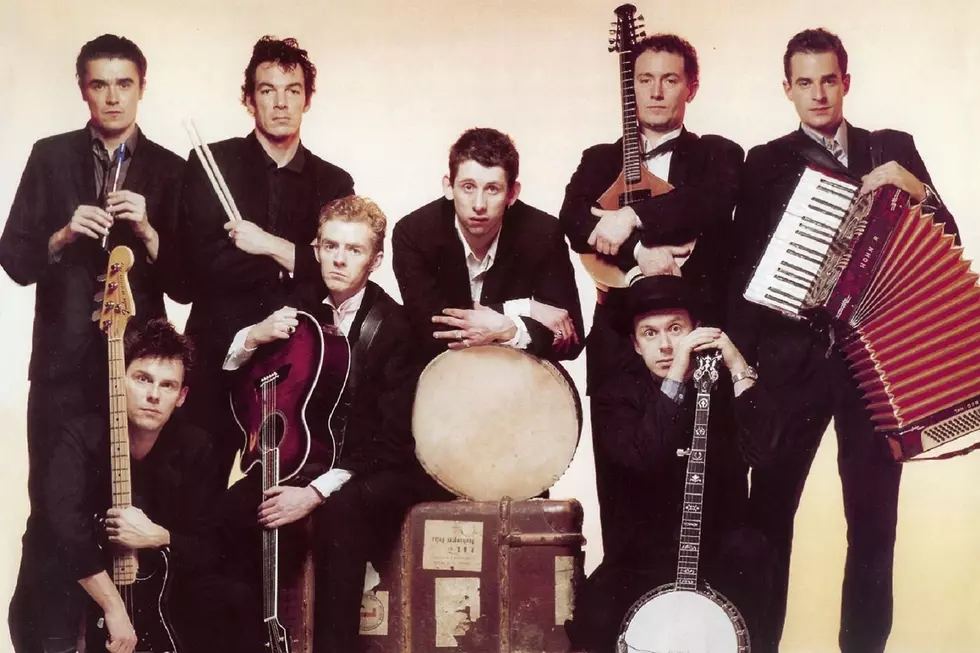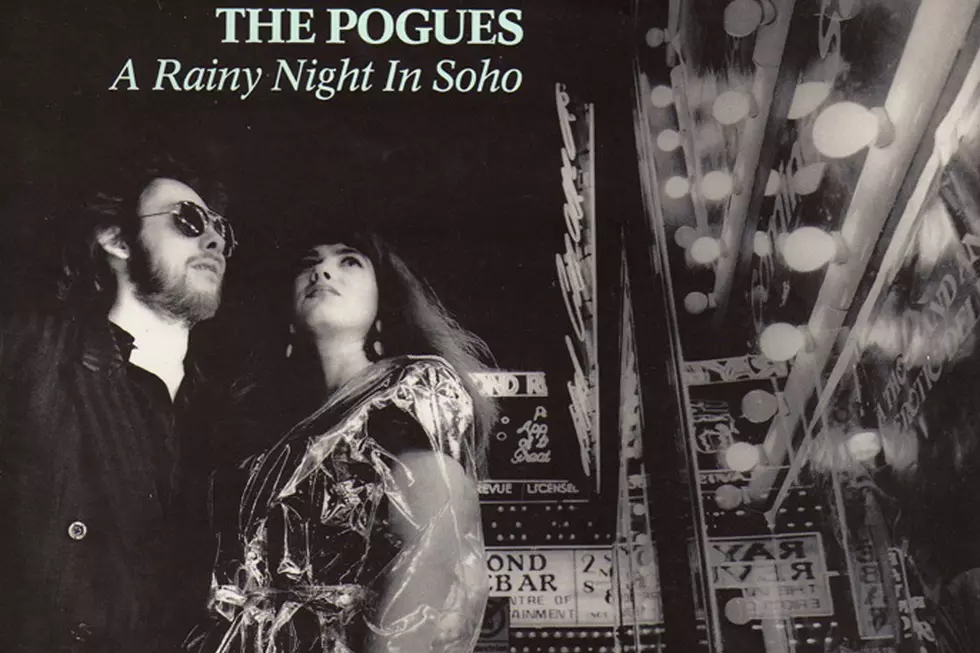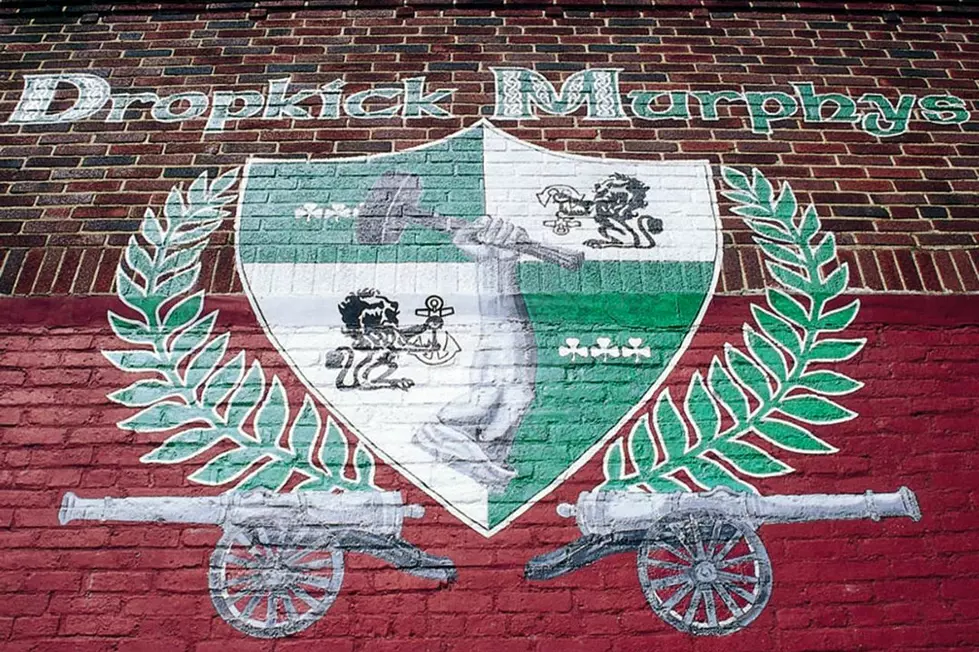
Banned in the UK: The Pogues, The IRA and the Birmingham Six
When pipe bombs tore through two pubs in Birmingham, England killing 21 people in November of 1974, the crimes were blamed on the Provisional IRA and seen as the latest acts of terror in a decades long war waged against the United Kingdom for a united Ireland.
The next morning, six Irish-born Catholic men were arrested for the crime. They were tried and in August of 1975 sentenced to life in prison on charges of murder and conspiracy.
After the conviction, question arose over evidence and tactics used by investigators. The story of the Birmingham Six and the possibility of their wrongful imprisonment took off. Accusations of torture and coercion filled books, news stories and documentaries about the case and with righteous anger, one band took up their cause.
"Streets of Sorrow/Birmingham Six" by the Pogues is a two part song that shines a critical light on the case of the Birmingham Six while punctuating the pain and struggle felt by Irish citizens during the period of struggle in Northern Ireland referred to as The Troubles.
Marked by singer Shane MacGowan's scathing lyrical indictment of the judicial process and greater questions of justice posed by the song, the British Broadcasting Corporation moved to ban the song.
Under increased public pressure, Britain's Court of Appeals eventually heard the Birmingham Six's appeal and overturned their verdict. 16 years after their imprisonment, the six men were released. In 2001, they received a punitive settlement from the British government.
Check out a BBC4 piece about the song and its subsequent ban below. [Video contains some coarse language]
Since the song still cannot be aired in its entirety on British airwaves, listen to the full track.
More From Diffuser.fm









